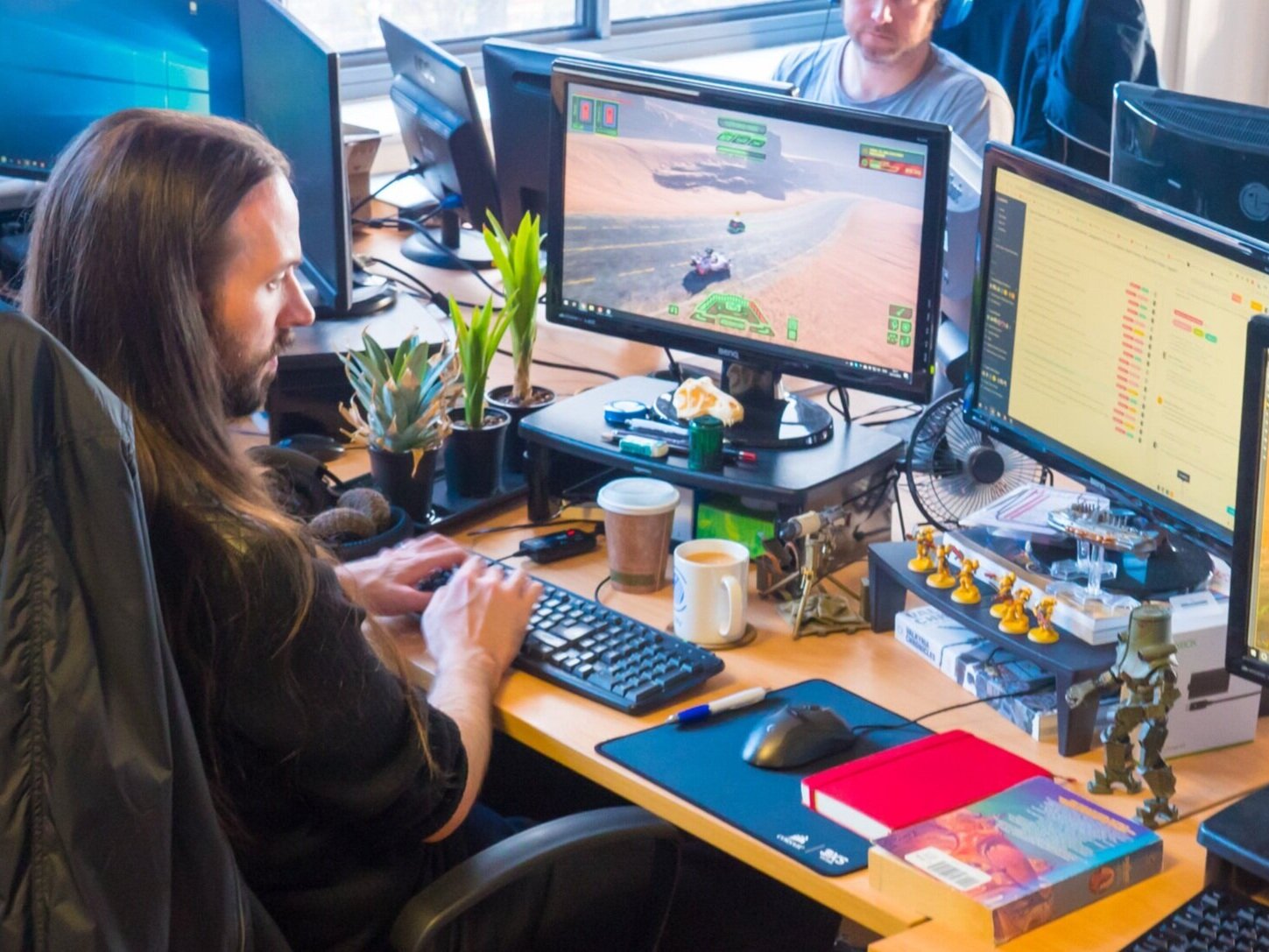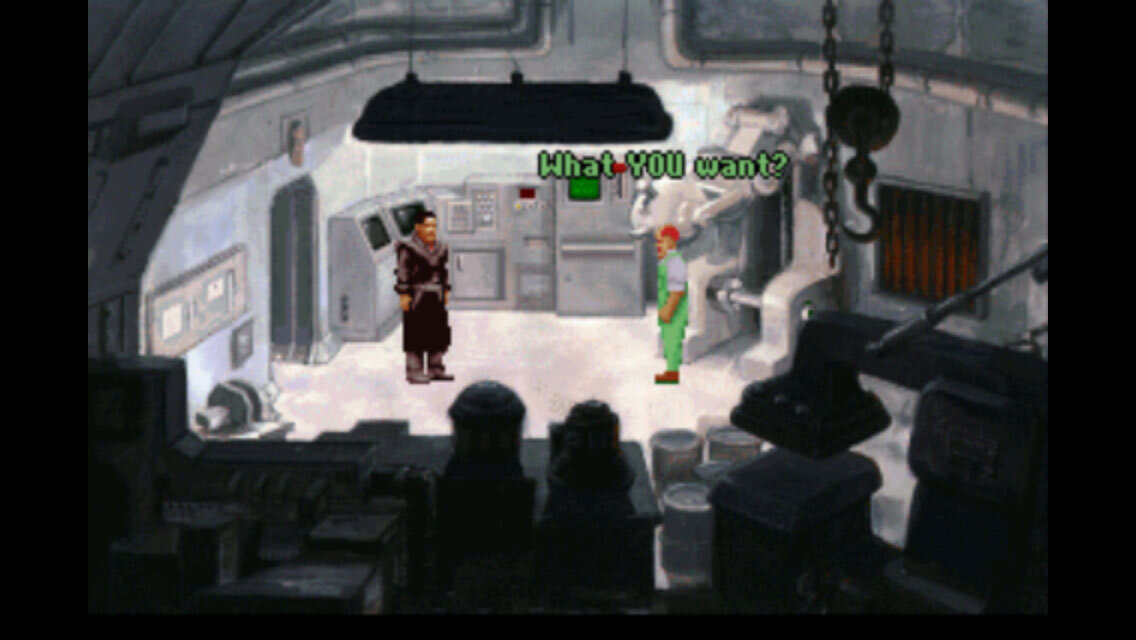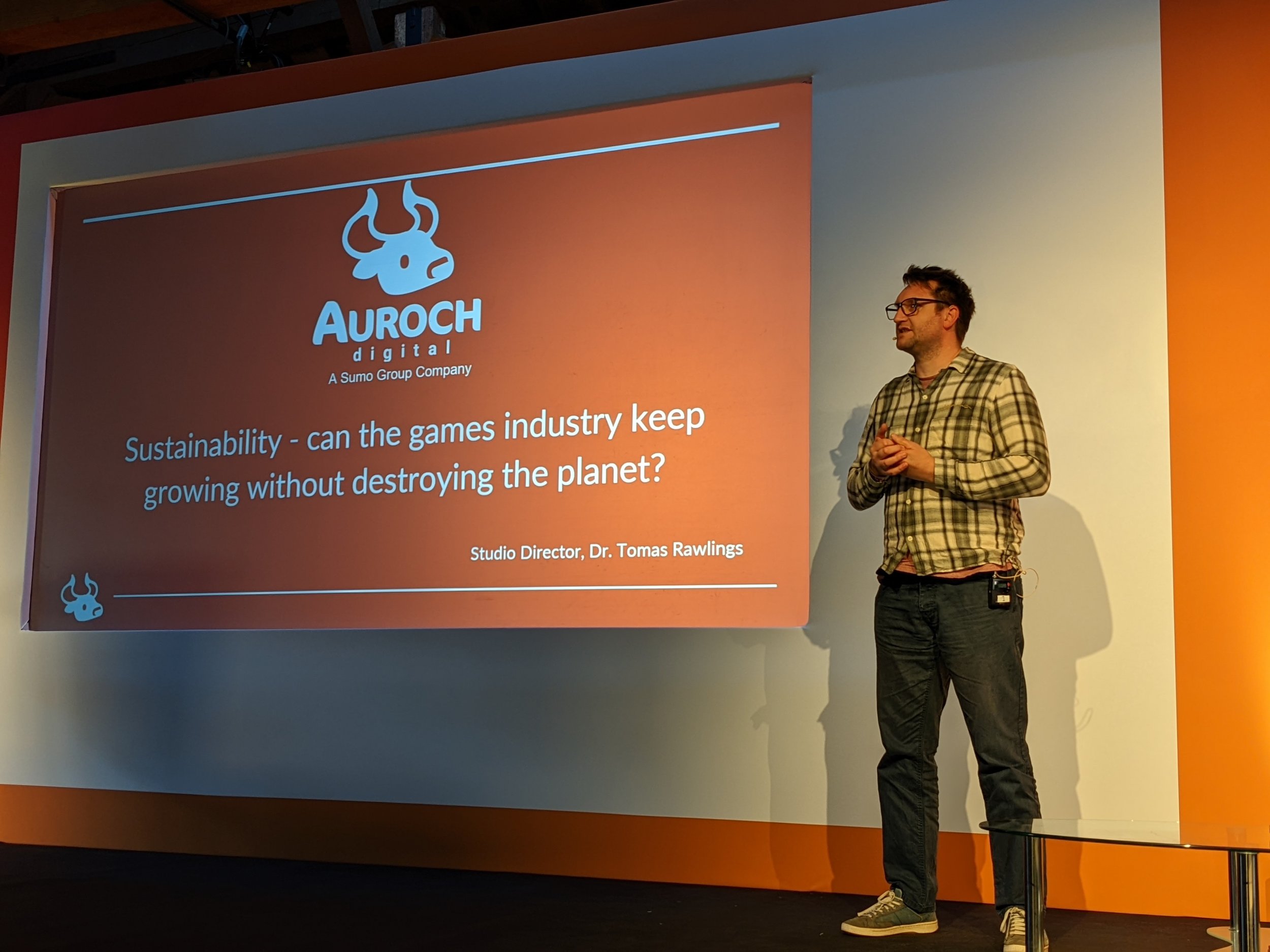Some studios state that crunch is purely optional for them. Let’s assume that the management at the company that states this is actually being genuine - they really do only want the people who want to crunch, to crunch, and would be absolutely fine with employees choosing not to, with no repercussions.
The first issue is that, realistically, employees can never truly know that statement to be true, often assuming that it’s being said as a wink-and-nod agreement that, actually, no, the company really does expect you to work late. If you’re a junior, new to the company, or are a contractor, there’s not a lot of incentive to assume crunch is optional and, in doing so, jeopardise your job.
Another is that company-wide crunch can often be an informal cultural issue, rather than a formal work policy. Statements from management about crunch being optional is often paired with claims about those who do crunch “working harder” than those that don’t. The logical implication here being, of course, that those that don’t crunch aren’t working as hard as their colleagues who do. Are those people letting the team down? Will those that don’t crunch be passed by for promotion as they don’t demonstrate the ability to “work hard”?
In some company cultures with crunch, team members - often leads - will regularly be the first ones in and the last ones out, racking up a lot more hours than juniors. Sometimes they’ll do “heroic” amounts of crunch to get something done. In the process they’re subconsciously telling their colleagues that if they want to make a good impression and achieve a lead role, that they had best start working more hours.
In these examples, though crunch may be theoretically optional on paper at companies that accept it as part of their business, in reality there is a very strong set of motivating factors for a person to engage with crunch.
What causes crunch?
There are a lot of factors, but the common throughline is, at a basic level, a lack of time.
A variety of factors go to cause this lack of time, with the following being some of the more common;
A new feature request being made, or a pivot in the direction of the product, without budget being appropriately provided.
Poor estimation of the amount of work required to make a product, i.e. overpromising and underestimating.
Signing a project that is known to be undoable without crunch, as the budget allocated to do the work is not enough, but is signed anyway due to financial necessity at the company.
A significantly large unexpected issue, with no budget allocated ahead of time to deal with such events.
Inadequate production methods at the studio, leading to mistakes being made, work being created inefficiently, and so on
Where does Auroch Digital stand on crunch culture?
We’re not fans of crunch.
That said, we’ll admit that at the studio in the past we’ve done small amounts of crunch in a focused manner in order to hit a very important deadline. It’s been extremely rare, and always a last resort, but it’s not something we’re particularly proud of, or keen on repeating.
And it was crunch that could have been avoided. So as a team we’re committed to continually improving the ways we work to ensure the chances of it happening again are dramatically reduced, and we’ll continue striving to make our studio and culture the best it can be.











































